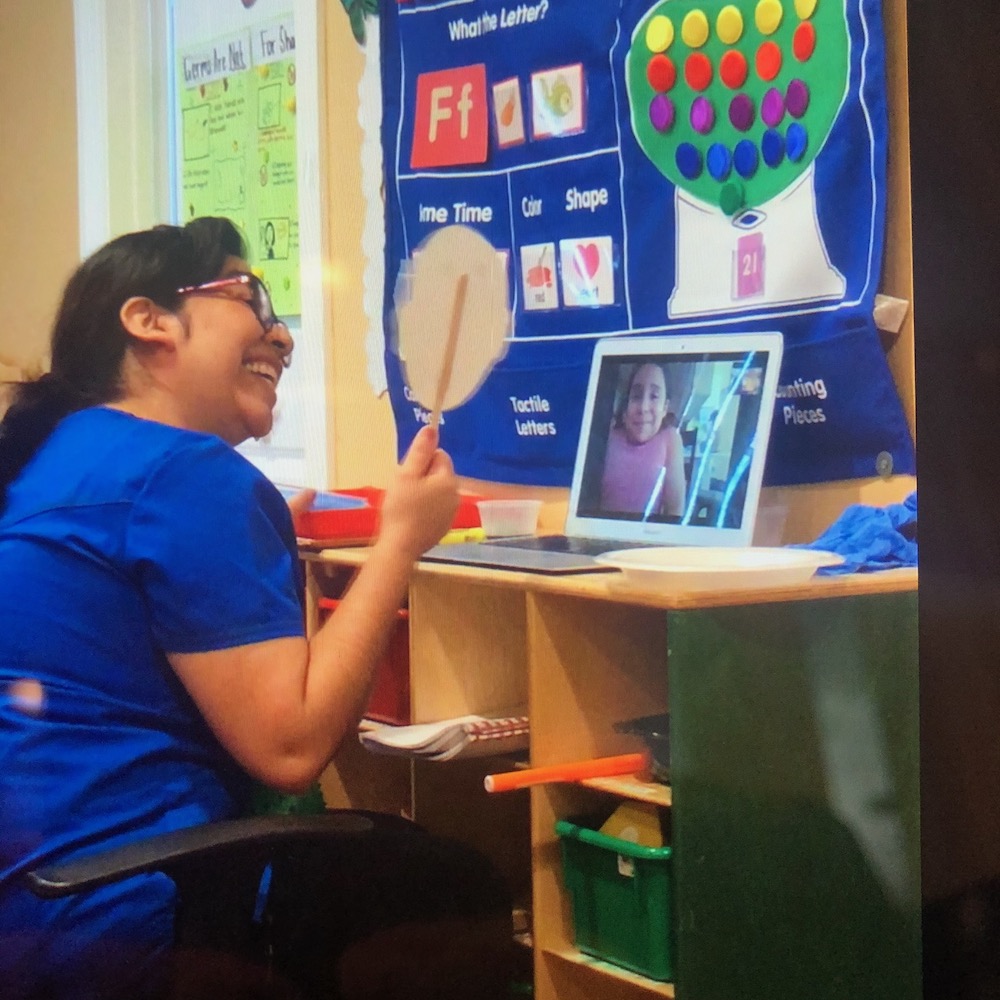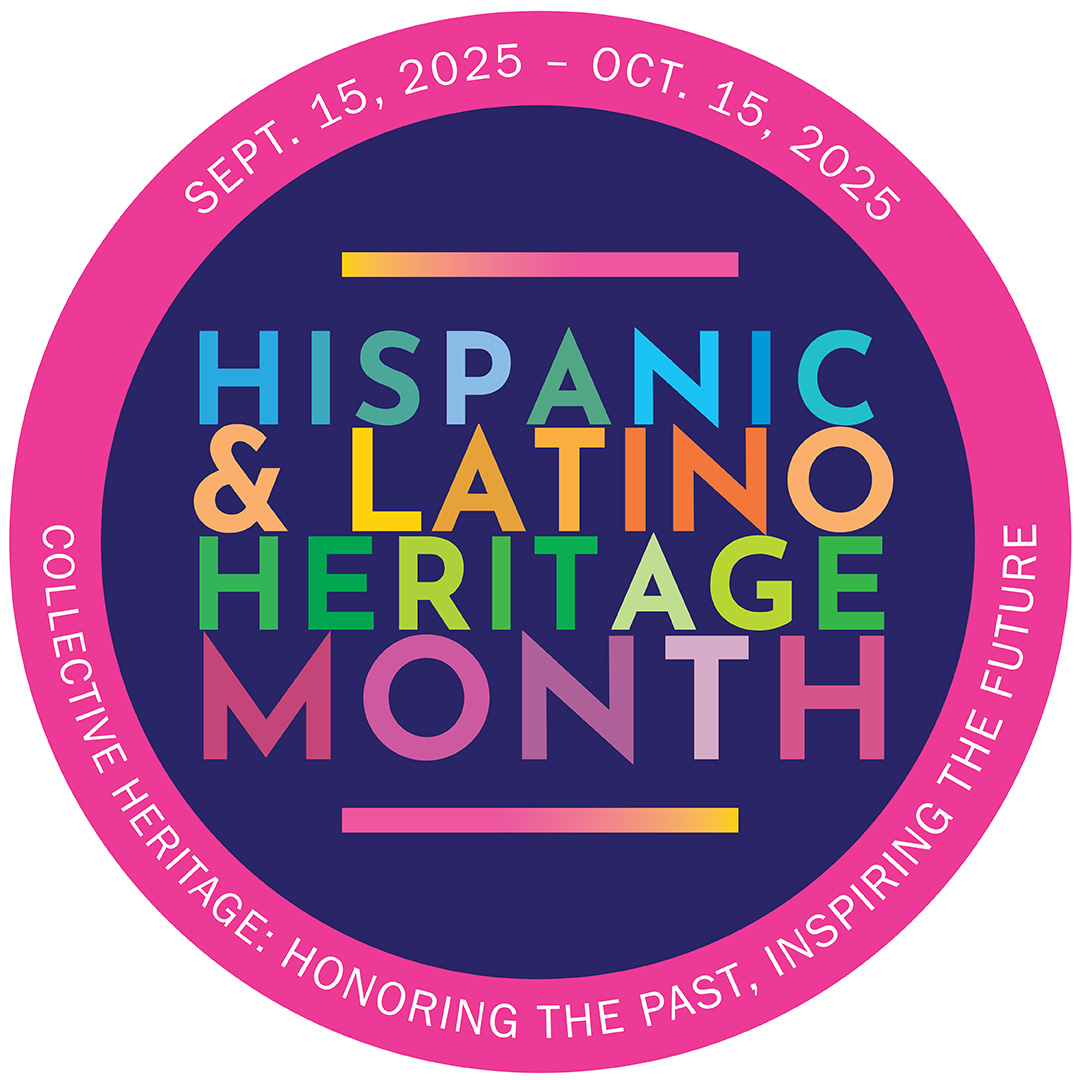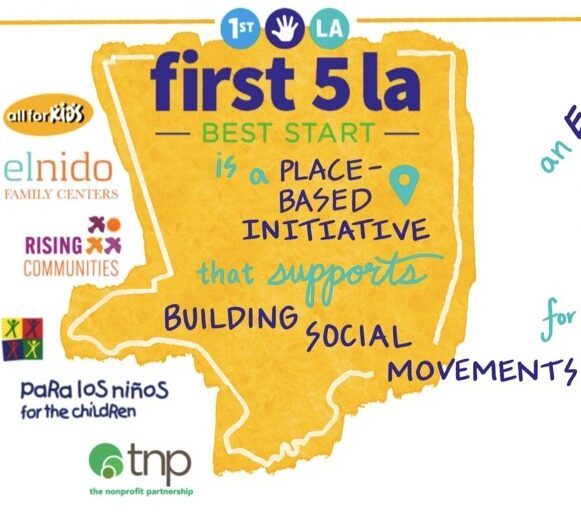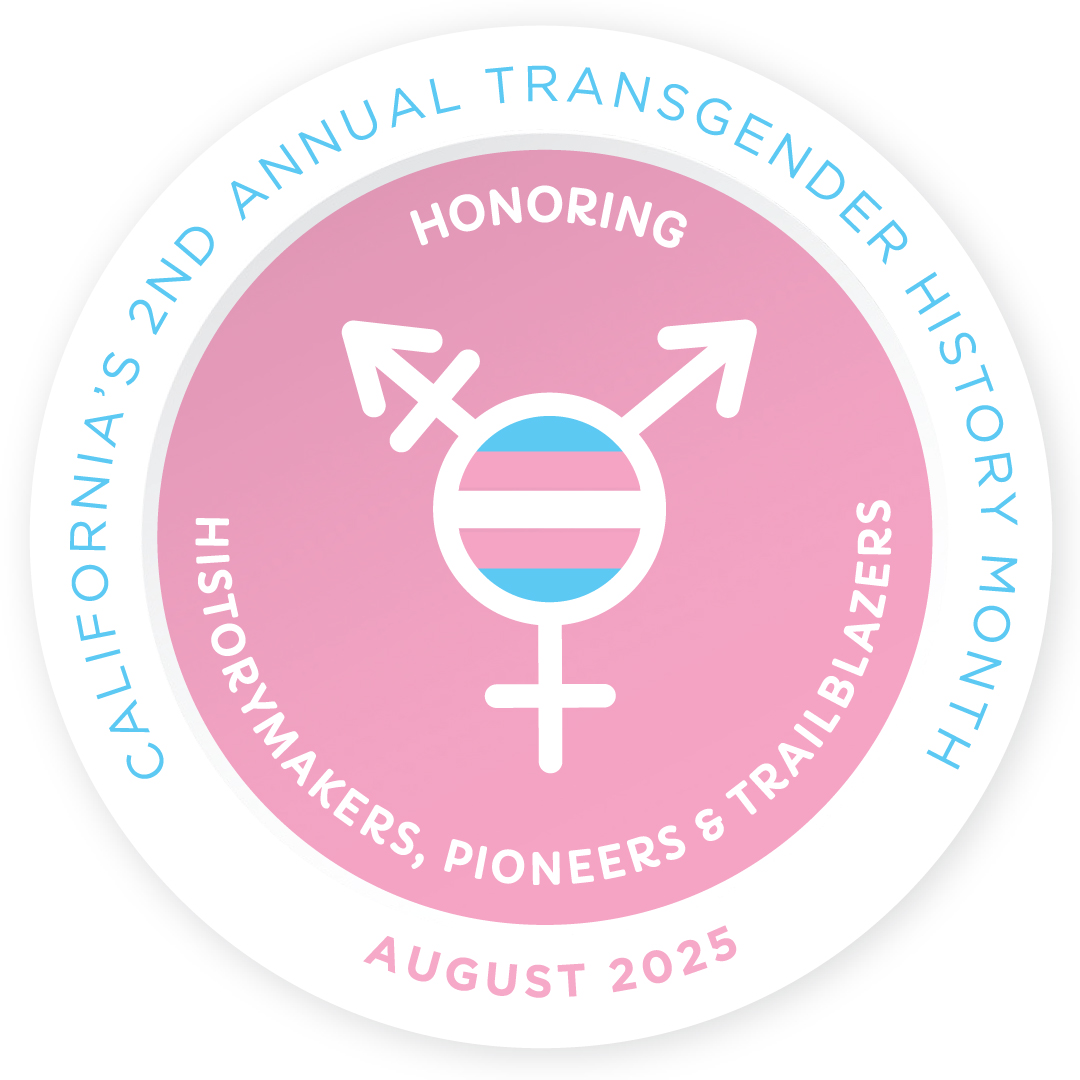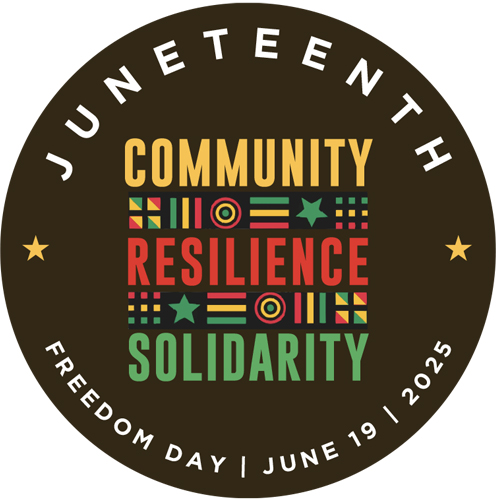When the COVID-19 pandemic broke out last spring, Jessi Martinez worked hard to sustain early learning for the 28 children in her Palmdale child care by setting up virtual classes online.
At the same time, Martinez had no worries about her own education: namely, how to continue improving quality early learning for her students at Gonzalez Martinez Family Day Care. As a participant in First 5 LA-supported Quality Start Los Angeles (QSLA), Martinez transitioned from in-person visits from her QSLA coach to virtual coaching via Zoom, as well as emails, phone calls and other digital support.
 “It’s great. I share with her what activities we are doing. She gives me ideas on how we can improve,” Martinez said of her QSLA coach. “It helps me because I feel I have someone who can send me information and we can talk about strategies for class.”
“It’s great. I share with her what activities we are doing. She gives me ideas on how we can improve,” Martinez said of her QSLA coach. “It helps me because I feel I have someone who can send me information and we can talk about strategies for class.”
Funded in part by First 5 LA, QSLA is Los Angeles’ county-wide Quality Rating and Improvement System (QRIS) designed to empower early learning providers to build upon and improve the quality of care they provide to children birth to age five.
Since the pandemic began, QSLA has supported 355 childcare providers via Microsoft Teams, Zoom, texts, emails and phone calls based on teacher needs, according to Heather Harris, Child360 director of provider operations who oversees Child360’s involvement with, and implementation of QSLA. This includes supporting virtual meetings with individual teaching teams, supporting teachers with activities for children and families to try at home and supporting technology and ideas for virtual learning.
“Once the pandemic started, you might think coaching would fall by the wayside as a less essential element, but our QSLA staff has found many providers very much still want and need these supports,” said First 5 LA Early Care and Education Senior Program Officer Kevin Dieterle. “Under the best of circumstances, providers can feel isolated and without professional support — the pandemic has only exacerbated that challenge.”
QSLA’s digital support of child care providers is just one of the ways First 5 LA is working diligently to bridge the digital divide and advance digital equity with its partners, grantees and in countywide systems for the benefit of young children and their families — not just during the pandemic, but as a practice.
WHY ADVANCE DIGITAL EQUITY?
The digital divide is the gap that exists between individuals who have access to modern information and communication technology and those who lack access. This divide may be caused by varying factors, including affordability, poverty, language barriers and discrimination in investment in communities of color. This divide was identified as a social determinant of health in this editorial in the American Journal of Public Health.
According to the American Community Survey 2013-17 Data Release, communities of color across the United States are two times more likely to have no internet at home (10.6 percent) than white households (5.4 percent). African-American households are nearly three times more likely to lack computer access altogether (10.2 percent) than white households (3.7 percent).
In Los Angeles County, these disparities are even more pronounced (see bar graph, below).
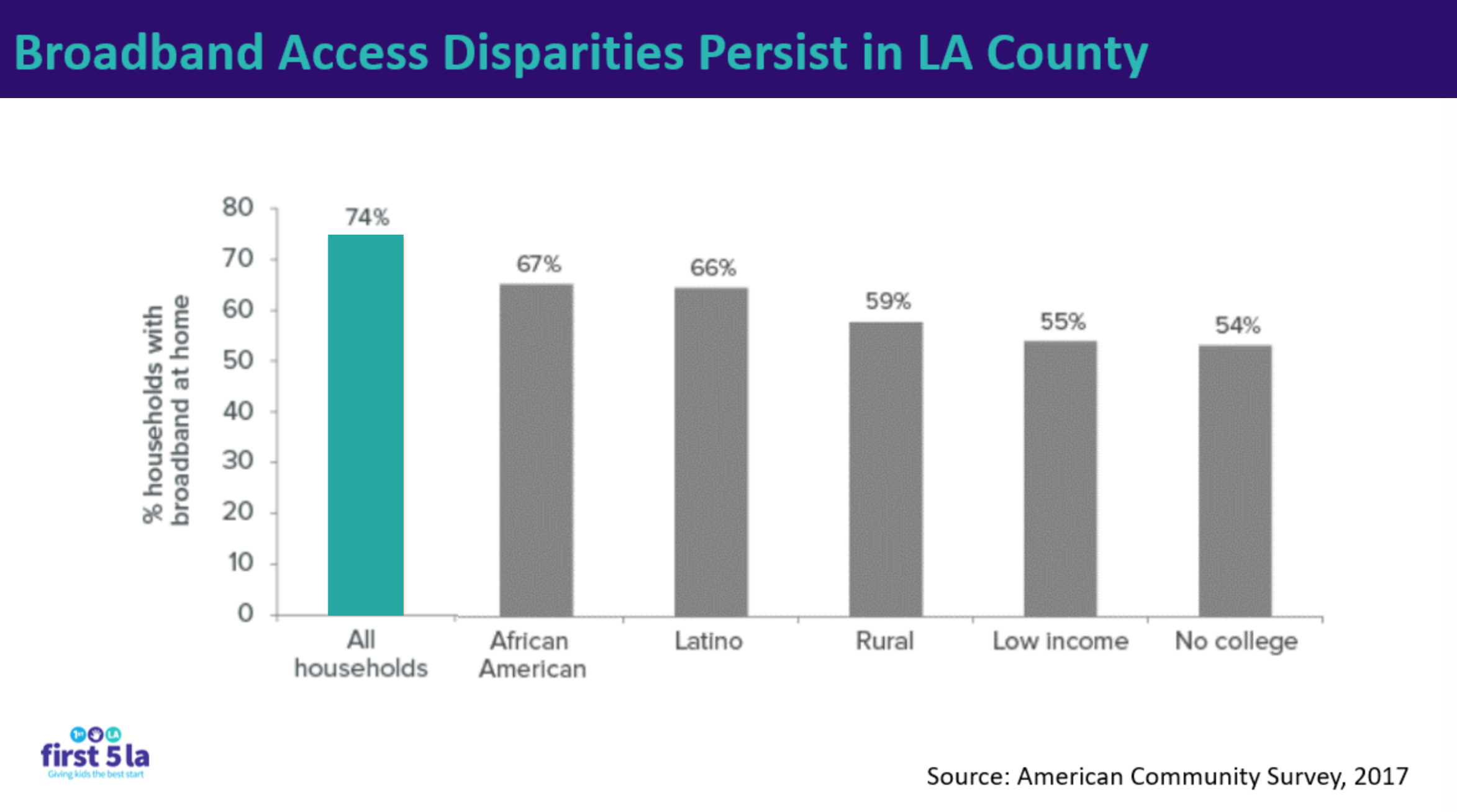
Bridging this divide is accomplished by advancing digital equity. Digital equity is achieved when all individuals and communities have the information technology capacity to fully participate in our society, democracy and economy.
Digital inclusion is the vehicle to digital equity. Without digital inclusion, full participation by families in nearly every aspect of society — from economic success and educational achievement to positive health outcomes and civic engagement — is compromised.
“Digital literacy is critical for future academic success and economic inclusion,” said Communities Program Officer Breanna Hawkins. “Today, those with digital technology skills earn 14 to 27 percent more than those who do not, and this number is only expected to increase as job growth continues to concentrate on the technology sector. As such, young children in homes lacking digital access in L.A. County are more likely to be excluded from future economic opportunities later in life.
“Today, those with digital technology skills earn 14 to 27 percent more than those who do not, and this number is only expected to increase as job growth continues to concentrate on the technology sector. As such, young children in homes lacking digital access in L.A. County are more likely to be excluded from future economic opportunities later in life.” – First 5 LA Communities Program Officer Breanna Hawkins
For First 5 LA, digital equity aligns with the agency’s 2020-28 Strategic Plan’s North Star of ensuring all children in L.A. County will enter kindergarten ready to succeed in school and life. Additionally, First 5 LA and its Board leadership formally adopted diversity, equity and inclusion as a First 5 LA value and investment guideline to inform Board and staff decision-making.
Digital equity can be a vehicle for advancing equity and inclusion in First 5 LA’s work as digital access intersects with the agency’s programmatic focus on early care and education, family supports, parent and community engagement, built environment and healthcare.
“As we aspire to achieve our North Star and implement our Pathway for Systems Change, equitable access to digital technology resources for children and families in L.A. County will need to be prioritized and integrated into our current strategic priorities,” said Communities Program Officer Jonathan Nomachi.
THE IMPACT OF COVID-19
The pandemic has exacerbated disparities impacting L.A. County children, heightening the level of urgency to ensure all people have access to digital technology. Public services are increasingly moving toward virtual platforms, such as telehealth and distance learning. As most schools and child care providers pivot to remote formats, for example, families with digital access can continue to advance their young child’s learning, while young children in families without digital access may be left behind.
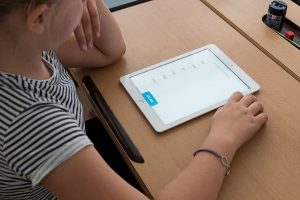 As digital equity elevates as a priority for communities, public agencies, and funders now and into the foreseeable future due to COVID-19, First 5 LA has a unique opportunity to support more strategic coordination and alignment on this issue, with a focus on equitable access for all young children and families.
As digital equity elevates as a priority for communities, public agencies, and funders now and into the foreseeable future due to COVID-19, First 5 LA has a unique opportunity to support more strategic coordination and alignment on this issue, with a focus on equitable access for all young children and families.
In addition to the ECE Department’s support of virtual coaching for child care providers through QSLA, as well as recent efforts advancing telehealth, other First 5 LA departments are working to advance digital equity with its grantees, partners and other stakeholders. Here are a couple of examples from the field:
ENGAGING COMMUNITY
One ambitious example of advancing digital inclusion is the City of Long Beach’s Digital Inclusion Initiative, a $1 million project funded by the CARES Act that will ensure that everyone in Long Beach has equitable access and use of digital literacy training, the Internet, technology devices and other digital inclusion resources.

As part of that effort, parents from the Best Start Central Long Beach community partnership and First 5 LA grantee Long Beach Forward joined with other community stakeholders in 2019 to collect data on local digital inequities through surveys and interviews, said First 5 LA Communities Program Officer Alyssa Gutierrez. Based on the feedback received, recommendations were provided to the stakeholder engagement committee, which is developing a roadmap to implement the Initiative.
While COVID-19 has slowed the timeline for implementation, it has not diminished the enthusiasm for the Initiative, which invites community members who are most affected by the digital divide to participate.
Gutierrez explained the significance of Best Start community members and Long Beach Forward’s participation.
“Those closest to the problem are closest to the solution,” Gutierrez said. “It excites me to see the City of Long Beach embrace a paradigm shift that elevates community voice and experience.”
“Those closest to the problem are closest to the solution. It excites me to see the City of Long Beach embrace a paradigm shift that elevates community voice and experience.” – First 5 LA Communities Program Officer Alyssa Gutierrez
BRINGING IT HOME
In partnership with the Los Angeles Department of Public Health, First 5 LA has worked to transition the Welcome Baby and Select Home Visiting programs from in-person visits to virtual home visiting, said Family Supports Director Diana Careaga.
This has required developing new consent processes, data and operational protocols. This has increased the need for effective technology to manage virtual visits, including internet access, Wi-Fi, laptops and video conferencing platforms. (Read more about this transition here)
Meanwhile, a Los Angeles Best Babies Network survey of more than 60 home visiting programs countywide to identify technology obstacles during the summer revealed that at least 500 families were unable to participate in virtual home visiting due to lack of digital access. This immediate need to provide tablets for families participating in home visiting has prompted First 5 LA to partner with philanthropy for a convening to provide updates on leveraging technology and addressing the digital equity challenges in home visiting.
“We are also pivoting our Welcome Baby Impact study and doing an outcomes and implementation study of virtual visits,” Careaga said. “It’s important because there is a lack of research and knowledge around virtual visits in home visiting, so it will be a definite contribution to the field down the road.”
FULL CIRCLE
First 5 LA’s work to advance digital equity in L.A. County programs, public services and systems is just beginning, including efforts in community relations, policy, and communications.
Speaking of the power of communication, we return to where we began: Palmdale child care provider Jessi Martinez. After she had implemented novel new COVID-19 safety tools during the summer, she was asked by QSLA to give a Zoom workshop to fellow providers.
“They invited me to share with other providers how we are coping with COVID-19,” said Martinez, who is now providing both virtual and in-person classes at her child care home. “We implemented a new disinfecting machine used in hospitals and airplanes. They were so excited about it.”
“We’re learning together,” Martinez said of her QSLA Zoom workshop and coaching. “COVID-19 is so sad. But on the other side, it’s teaching us about the technology like Zoom, which is really amazing. No one can stop us.”
